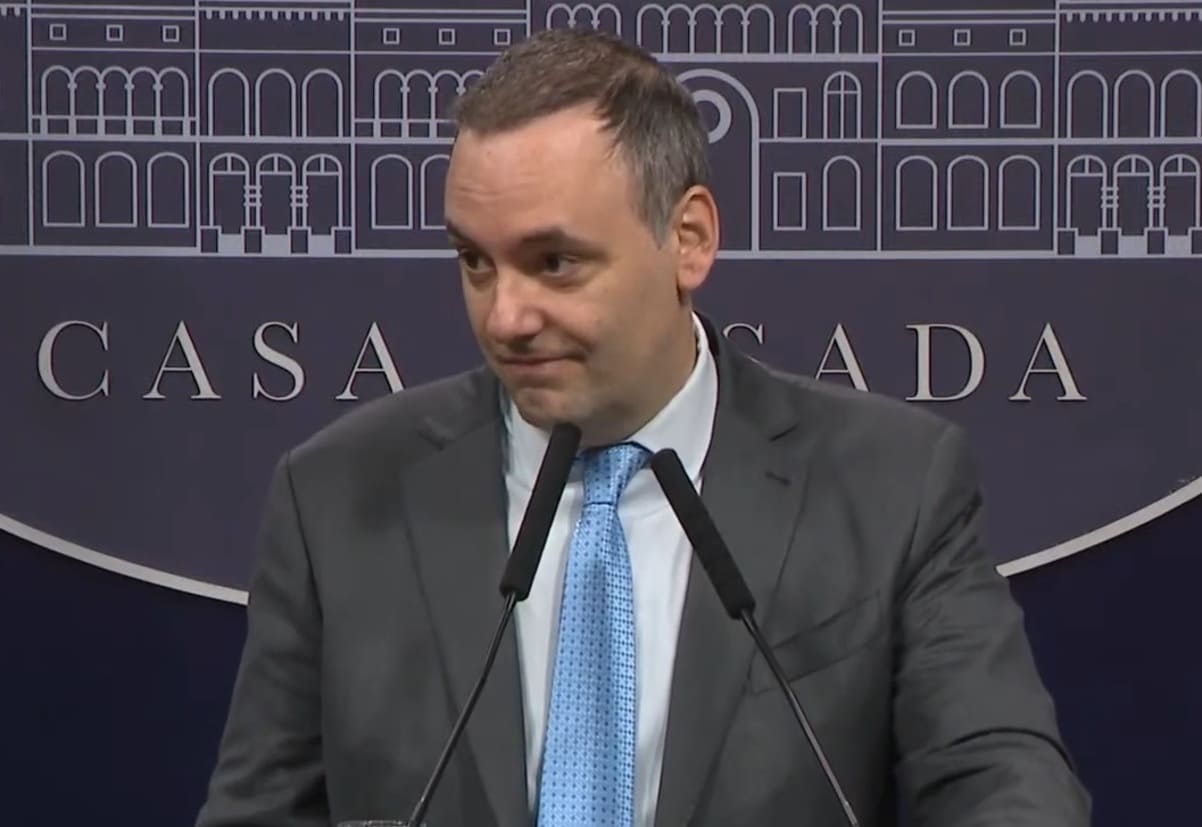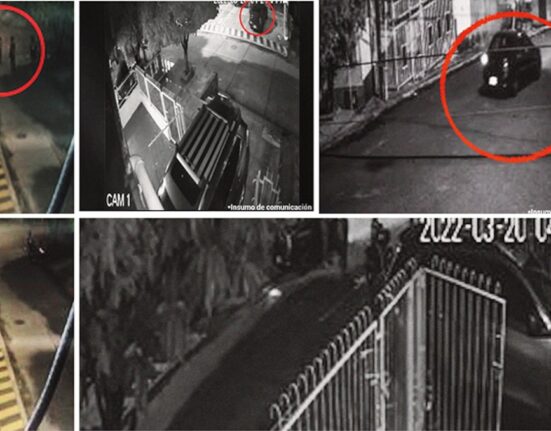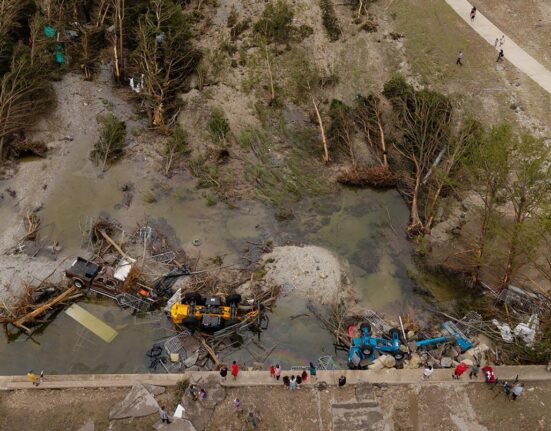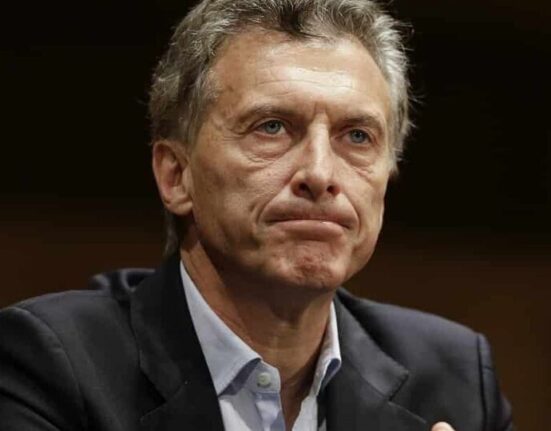The announcement made by presidential spokesperson Manuel Adorni sent shockwaves through the political landscape. He declared the dissolution of Vialidad Nacional, the National Traffic and Road Safety Commission, and the National Road Safety Agency. With a firm tone, he stated,
“The corruption in public works has today its death certificate signed,”
pointing to Cristina Kirchner’s recent conviction related to irregularities in road construction tenders.
Adorni’s speech was not merely about administrative changes; it symbolized a significant shift in governmental practices. By dismantling these agencies, the government aimed to root out corruption that had plagued infrastructure projects for years. The decision marked a crucial step towards transparency and accountability in public spending.
“As this organization was created to facilitate corruption, we wanted to inform you that Javier Milei has ordered through a decree the definitive closure of the National Roads Directorate, better known as Vialidad Nacional,”
announced Adorni. This move signified a bold attempt to clean up the system and restructure regulatory bodies responsible for overseeing transportation concessions.
The timing of this decision was strategic, coming just days before the end of Congress’s delegated powers under the Bases Law. The official publication of these changes is anticipated in tomorrow’s edition of the Official Gazette. Adorni also revealed plans for bidding on 9120 kilometers of roads—a vital step after decades of mismanagement and malpractice that had deteriorated road infrastructure across the country.
Reflecting on past achievements, Adorni showcased a video highlighting media coverage of investigations leading to Kirchner’s imprisonment due to corrupt practices in road construction contracts. The journey from uncovering improprieties to holding powerful figures accountable demonstrated a commitment to justice and integrity within government operations.
Moreover, Adorni detailed a series of consolidations and closures as part of broader regulatory reforms initiated by Milei’s administration. From merging hospital management structures to revamping energy regulatory bodies, each action aimed at streamlining bureaucracy and eliminating inefficiencies entrenched over time.
Addressing concerns about unchecked executive powers, Sturzenegger emphasized that while temporary measures were necessary for reform initiatives like deregulation efforts should not undermine democratic principles or institutional checks and balances. His reminder underscored respect for constitutional limits during periods of transition and change within governance frameworks.
Sturzenegger further highlighted Milei’s principled stance against prolonged delegation of legislative authority without compromising essential functions such as deregulation processes designed to enhance economic competitiveness while upholding legal standards. The meticulous approach taken by policymakers ensured alignment with congressional mandates without veering off course from prescribed objectives.
In conclusion, the government’s decisive actions signal a new chapter in Argentina’s governance structure—one characterized by accountability, efficiency, and adherence to constitutional norms. By dismantling entrenched systems fraught with corruption risks and instituting transparent mechanisms for oversight and project management, authorities aim to rebuild public trust while fostering sustainable development across key sectors impacted by these reforms.









Leave feedback about this